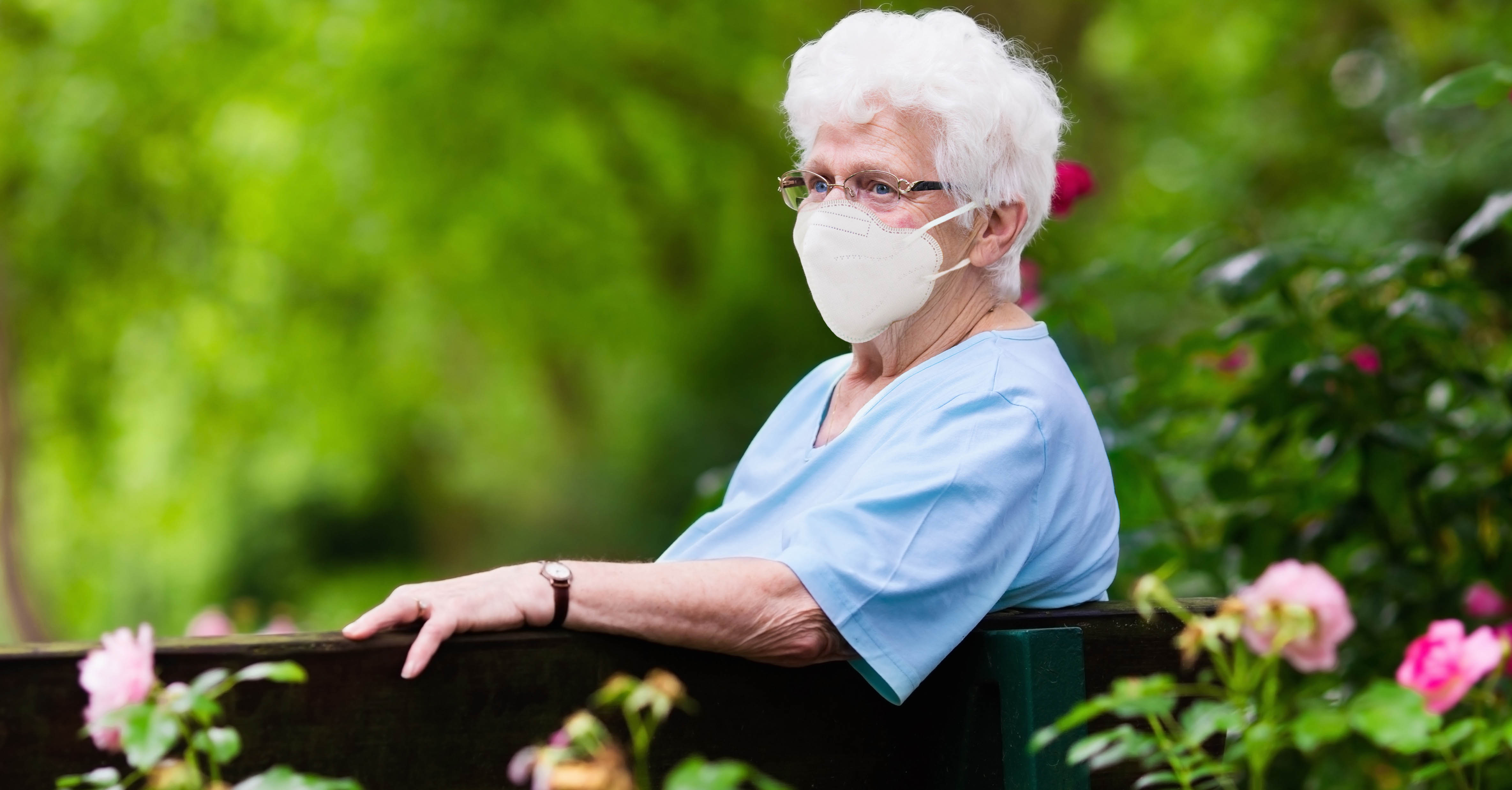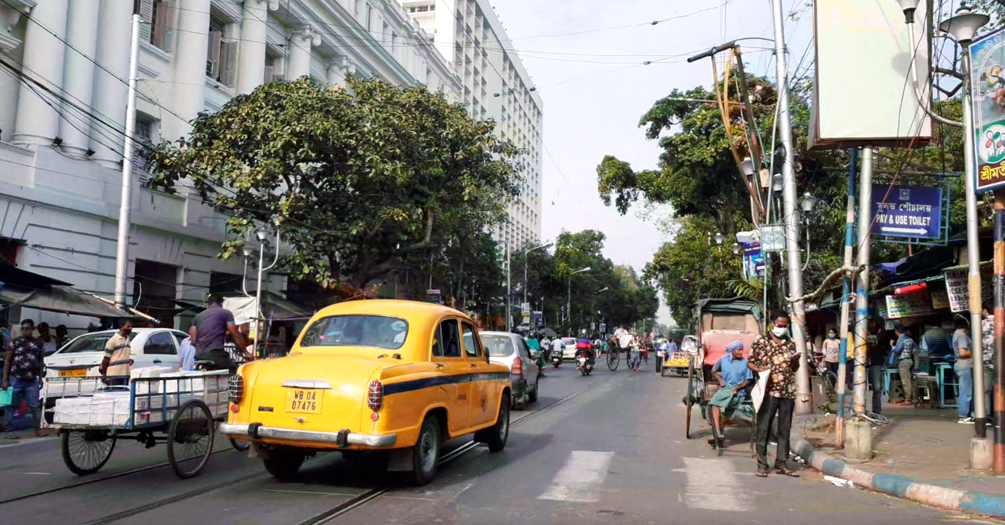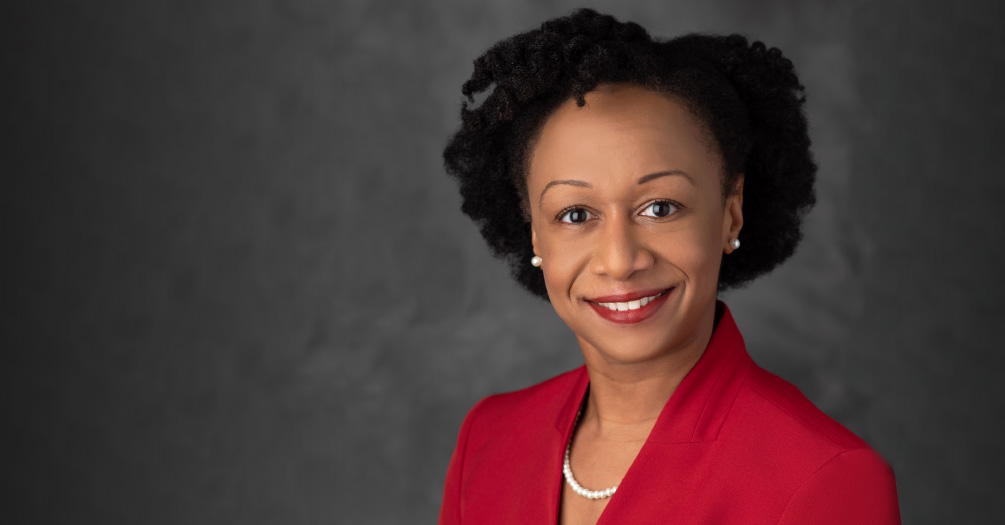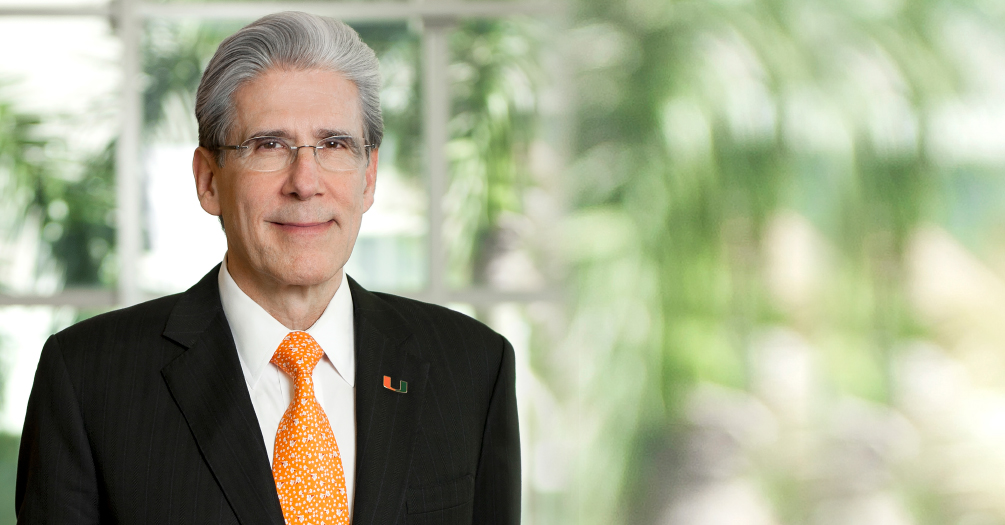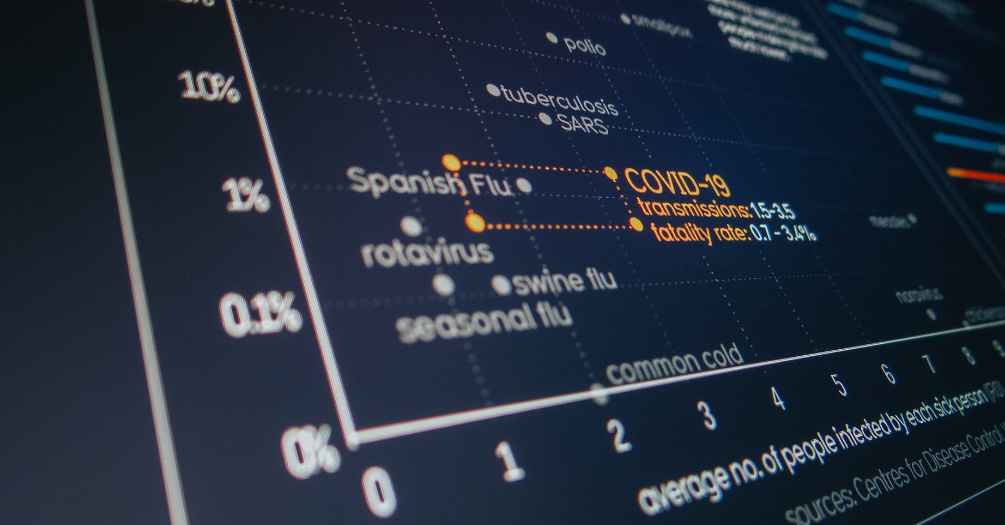
COVID-19 mortality in the California Teacher Study
Ethan Bouche
Online MPH student Ethan Bouche was able to contribute to a large-scale research project as a distance-learner. He described his analysis of COVID-19 mortality within the California Teachers Study, exploring the pandemic's role in excess deaths and shifts in leading causes of death among participants.


